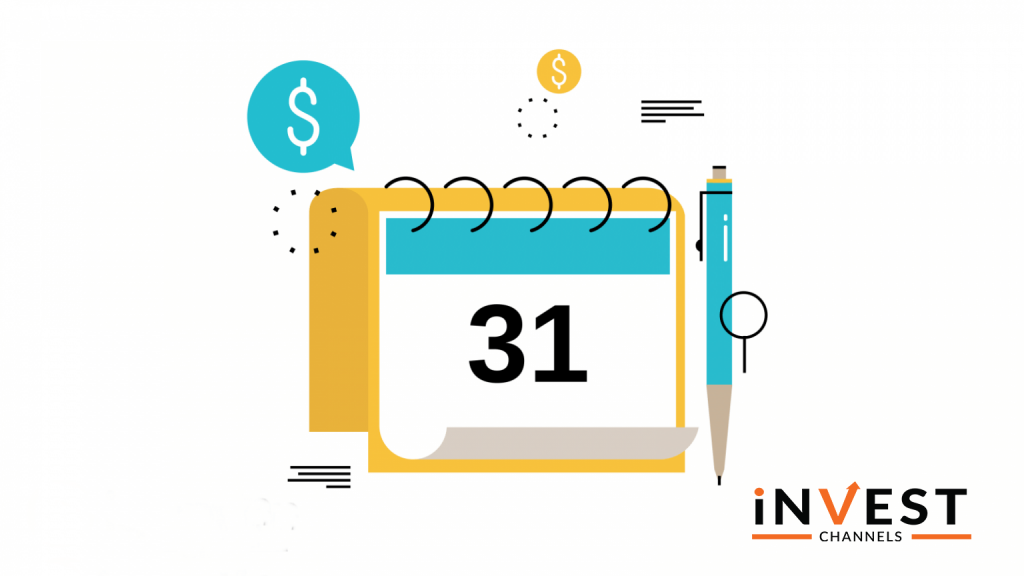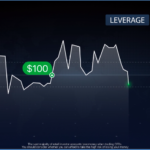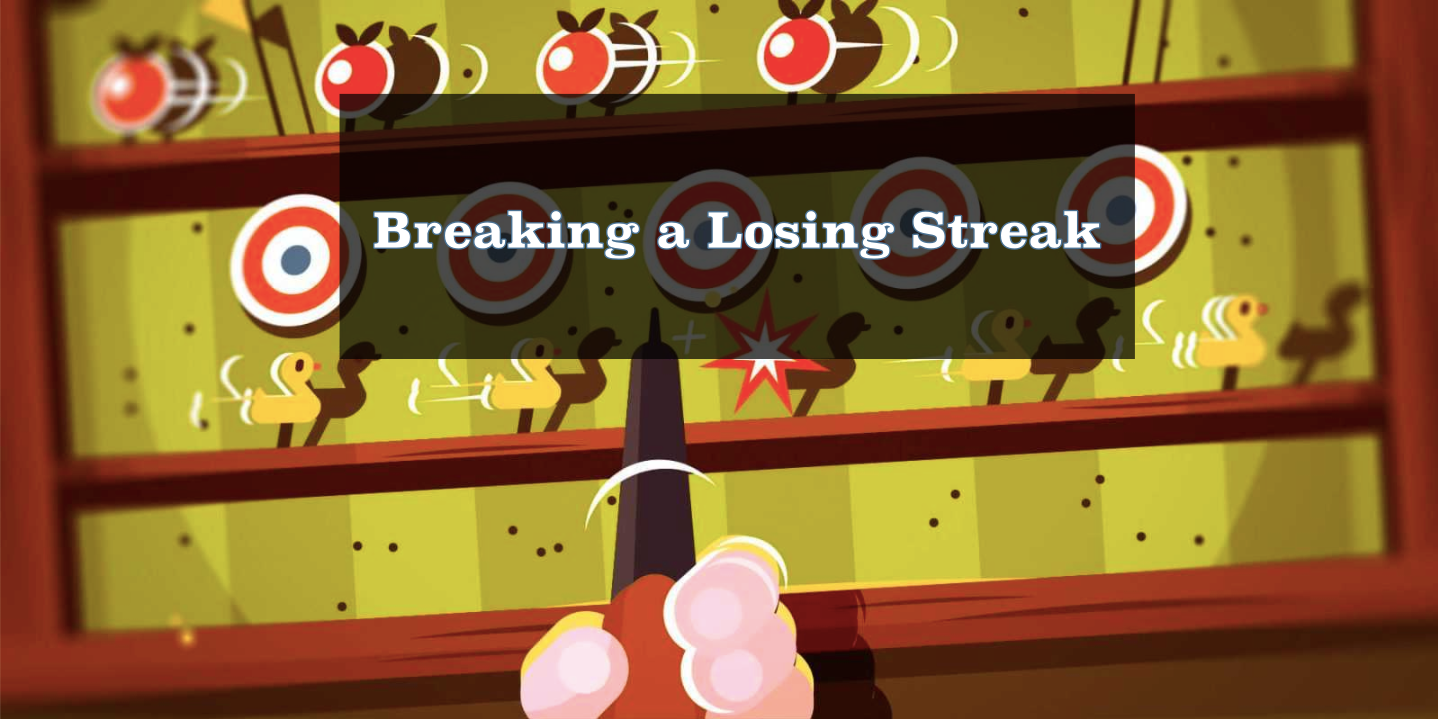
It’s been over 1 year since I started trading on IQ Option. Like many beginner traders, I lost a good amount of money trading options on the platform. I knew that money can be made, I just had to figure out “how”. So I decided to try out several strategies, documenting each. The strategies that worked would be kept and refined. Losing strategies were simply abandoned.
Then I began seeing positive changes whenever I did 4 different things. Whenever I abandoned one of them, my trading account would suffer. I call these my 4 IQ Option success secrets. I’m going to share them with you.
Use the practice account like it’s a real account
The IQ Option practice account has one distinct advantage over the real account – you don’t lose your own money trading.
This creates a whole new opportunity to practice trading strategies without a huge risk. If you encounter a new strategy, it’s advisable to try it out on the practice account. If it works, you can transfer the process to the real trading account.
In my case, I always try out a strategy on the practice account before I try it out on the real account. If it works, I’ll try it out several other times. I’ll only use a strategy that proves successful in the practice account.
And it’s not the strategy only that I’ll try out. Everything from the financial instrument to the amount to invest per trade are carefully selected when using the practice account. When I eventually decide to trade on the real account, I already know what market to trade, the strategy to use and, the amount to invest.
Most new traders will invest huge amounts in the demo account thinking if the trade is a loss, it’s not their money. However, if they transfer this thinking to the real account, the resulting losses can be devastating.

Using the practice account like it’s really your own trading account helps you build confidence. You know what works and what doesn’t even before you invest your own money in a real account.
I actually advise new traders to spend equal or even more time on the practice account. That’s how you get better at trading. Consider pro athletes. They’ll spend months training for a few minutes or hours competing on the field. The training is what determines their success on the pitch. And even if they win or lose, the athletes will go back to the training ground again and again.
The only way to get better at trading is to practice. And what better way than the free practice account by IQ Option?
Keep off 60 seconds trades
There’s always a great rush that accompanies making quick cash. Making 78% of your invested amount in 1 minute always feels great. But the problem is, that’s 60 seconds you’ll spend anxious and full of fear. These two emotions aren’t good for a rationally thinking trader.
Making a string of winning 60 seconds trades on IQ Option might make you overconfident. You have a hot hand and you believe that you’ve discovered the easiest way to make money. So you increase your trading amount. A single losing trade might end up wiping out all the profits gained from previous trades.

You must keep in mind that within 60 seconds, the prices are constantly fluctuating. A small change in price can turn a trade against you.
Longer time frames also have price fluctuations. However, the fluctuations cannot be so significant that you might lose all your money. A longer time frame also easier to analyze and determine the direction of the market before you enter a trade.
Review the trading history more often
Every professional trader’s creed is to minimize losses and increase winning trades. Early traders kept a handwritten trading log. This was reviewed every day to determine what profit or loss they incurred during that particular day.
IQ Option gives you a free tool that automatically documents each trade you entered. It’s the trading history tool you’ll find on the left bar of your trading interface. A simple check will tell you which trades won and which ones lost.

So how do you use the information found in your trading history? The obvious way to use this information is to determine whether you’ve made a profit on a particular day or not.
However, there are a lot more details you can uncover. For example, which financial instruments produced the most winning trades? In addition, what strategies are working and at what specific time? For example, you might find that trading candles on the EUR/USD currency pair at the 10 am to 11 am time interval produces more winning trades than say after 3 pm. This information allows you to decide to trade EUR/USD during the 10 am to 11 am time frame and completely avoid the afternoon sessions.
Create a money-making plan – and follow it
During the time when I was losing many trades, I went in without any money-making plan. I simply chose a random market and started trading. If the market worked out, I continued trading. If it didn’t I’d choose another random market.
But this clearly didn’t work for me. I eventually lost over 80% of my account balance. So I decided to look at what successful traders did. Then, I created my own trading plan.

So what goes into a money making plan?
The first thing I did was decide how long to use the practice account before I added money to my real account. I practised for 3 consecutive weeks. During this time, I wanted to find which markets are best for me and what times they were most favourable to trade. I also decided on the amount to invest per trade.
Every trade was analyzed. Luckily the trading history came in handy. But I had to write a trading journal which detailed each trade in more detail. That is, what time I traded, the indicators and strategy used as well as the instrument and amount of time the trade lasted.
After 3 weeks, I decided to recharge my real account and start trading. My money making plan included some of these things.
- How much money I would deposit in my account
- How much money I would invest per trade
- How long each trade will last
- Which charts and indicators to use
- Which markets to trade and at what time
- When to stop trading (I usually won’t continue trading if I have 3 consecutive losing trades in a particular market)
- When will I withdraw my profits and what percentage of the account balance will I withdraw
This is just a simple example of a money making plan. I advise that you create one that best suits your trading style. And above all, make sure that you follow through on your money making plan.
How long have you traded on IQ Option and what are your results? If you’re yet to open an IQ Option account, open a practice account today and try out my 4 secrets. Share your findings in the comments section below.
Good Luck!
Top 5 Trending
In the world of online trading — often filled with risk and uncertainty — verifying the credibility of a platform… [Read More]
Starting your trading journey can feel overwhelming — there are countless assets to choose from, and it’s hard to know… [Read More]
"Why do I keep losing money in trading?" This is a question every trader has asked at some point. Experiencing… [Read More]
Trading indices is more than just a financial pursuit; it's both an art and science, demanding attention to detail, a… [Read More]
Forget Tiffany’s—there’s a diamond that traders treasure even more. Diamond chart patterns may not sit on a ring, but they… [Read More]











